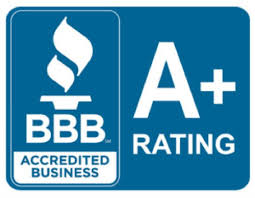The Environmental Protection Agency, (EPA), a part of the US government, recently proposed an accelerated phase-out of R-22 which is an HCFC (hydro-chlorofluoro-carbons) refrigerant known by various names such as Freon Genetron, Isotron, Carrene and Frezone. The Montreal Protocol, an international effort, has a goal to eliminate these recognized ozone depleting substances. Most homeowners refer to this refrigerant generically as Freon.
As a result of the accelerated phase-out of R-22, the cost of R-22 (Freon) has increased over 400% in the last 3 months. In addition, our suppliers have restricted the amount of Freon that can be purchased at one time. If you have a system that uses Freon, we will continue to be able to complete your repairs; however, your repair bill will reflect a higher cost for R-22 refrigerant due to the increase in cost for us to purchase it.
If you have old R-22 systems in your home or commercial building you should think about the following:
If your unit is young and working right you do not need to do anything other than get the twice a year service checks that all systems need.
We will monitor your refrigerant and let you know if anything is wrong. A service check every spring and fall can alert you to problems before they become an emergency and actually prevent problems like refrigerant leaks in some cases.
If your R-22 unit has a problem you need to consider the following.
If your system is over 12 years old: This may be the time to look at replacing your system with a newer one that uses the only approved refrigerant: R-410a. If you intend to stay in your home and not move for several years this is usually the best alternative.
If your system has R-22 and the outside unit (compressor) fails and you do not want to replace the entire system it can be repaired. The cost of the repair will be less than system replacement but is usually temporary in nature (if the system is 12 years old and you replace the compressor, the new one will last only 3 years on average).





